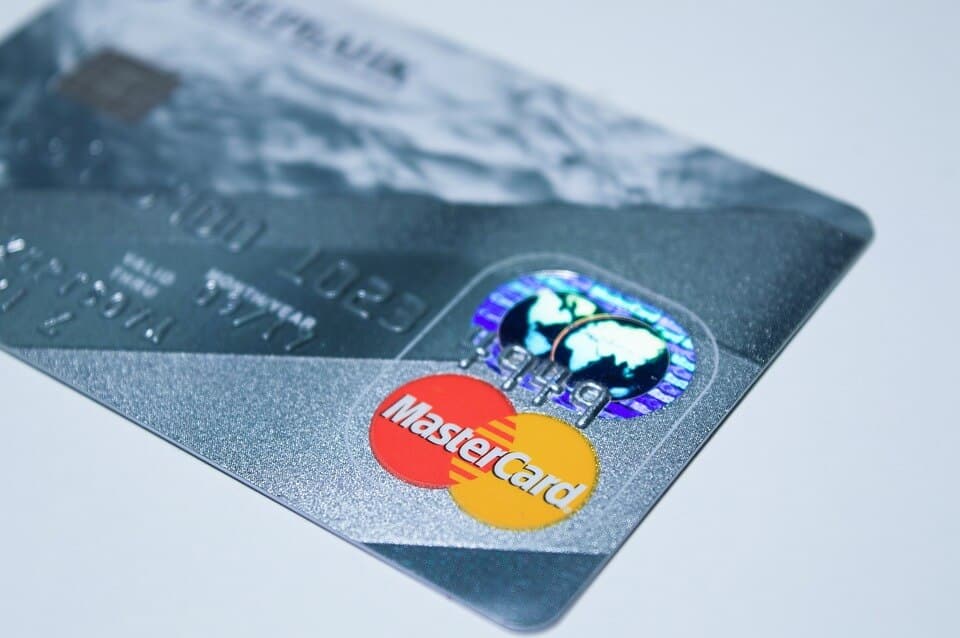According to some recent data, the UAE has a 100% smartphone penetration, and only 30% of the population has access to traditional banking services. These two findings motivated Ian Dillon and Katharine Budd to set up Now Money in 2015. Its focus is on the low-income migrant workers who cannot afford to use banking payment services. The users can top up their mobile phone credit, pay the bills or monitor transaction history. In addition to that, they also get a Master Card debit card for their daily needs.
The company has gained popularity fast. Since January, it has over 4,000 new subscriptions. The number of employees increased from 3 to 8. Moreover, the startup will soon close its second round of funding. It raised nearly USD 2 million for one year. Dillon and Budd started the business with USD 200,000 own capital. A private investor supported them with USD 500,000 last year. At the end of this month, they will close a bridge fund round of USD 1 million.
The founders met in college. Afterward, they start their careers in the banking sector. Dillon worked at HSBC in London and New York, while Budd gained experience in retail banking analytics. Inspired by the success of mobile banking in the UK, they wanted to introduce the concept in the UAE. However, after a quick research, they realized that it would only be accessible by a limited number of people. The banks were not interested in attracting customers with low income as boarding a new client cost them nearly USD 1,000.
On the other hand, the business model Dillon had in mind, stripped out 95 of the expenses as it did not feature branches or legacy theory.
The migrant workers already had smartphones to keep in touch with families back home. They also had experience with mobile payments such as Paytm in India, Bcash in Bangladesh or mPay in Kenya. The migrants receive their money via the payroll cards issued through the Wages Protection System and access the funds via an ATM.
Dillon said this concept was, in fact, less convenient than being paid in cash as they had to travel to the nearest ATM, queue up and then remit the money in an exchange bureau:
There are 4.5 million low-income million migrant workers that come here to the UAE and they do exactly the same thing every month. They get paid the money and then send it home to their families. With such a set behavior pattern, it was possible to make it profitable. The problem and the solution just slapped us both around the face.
According to Jon Richards, the chief executive of the financial comparison site Yallacompare, Now Money was the perfect example of the recent Fin Tech push in the UAE. It also demonstrated how a start up could do something good and help people in need.
When asked about potential expansion, Dillon said he was not in a hurry. He preferred to offer the best possible service to its current 4,000 clients first. Dillon pointed out the company was not a bank and did not have a banking license. It was a payment service. However, he admitted that one day he would like Now Money to become a leading account provide for the low-income population of the Gulf region. It would first penetrate the markets in Bahrain and Saudi Arabia, concluded Dillon.

